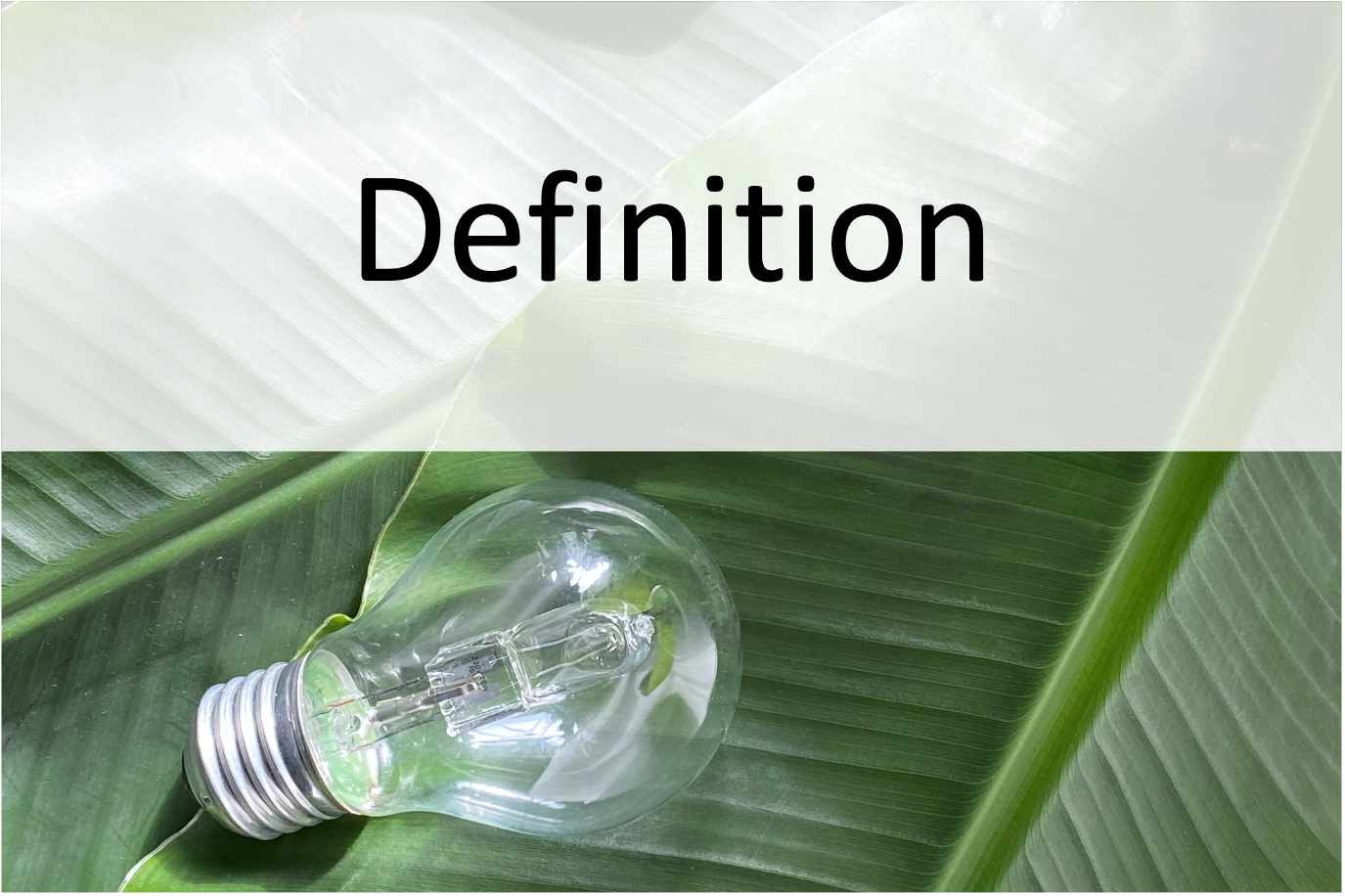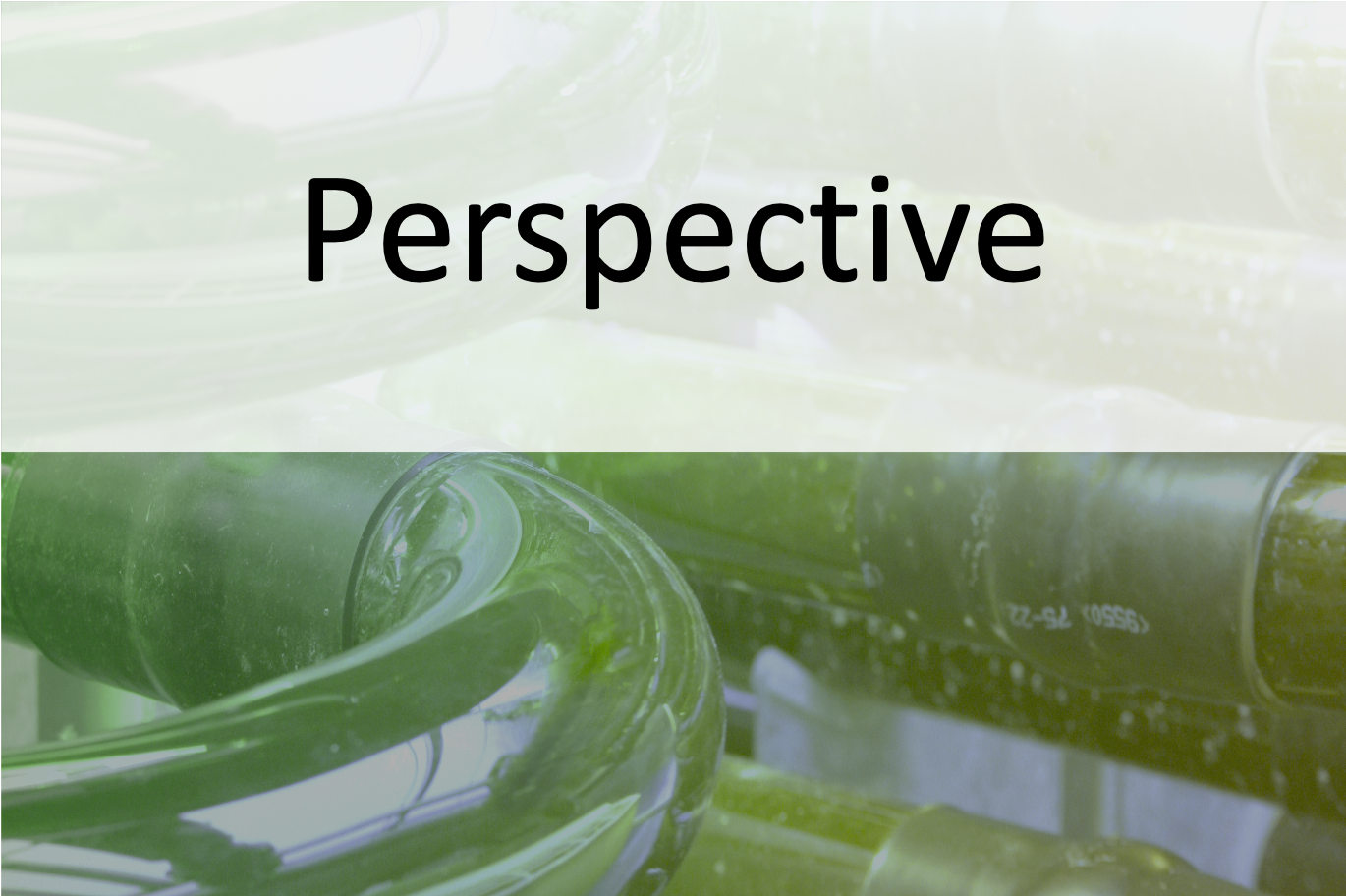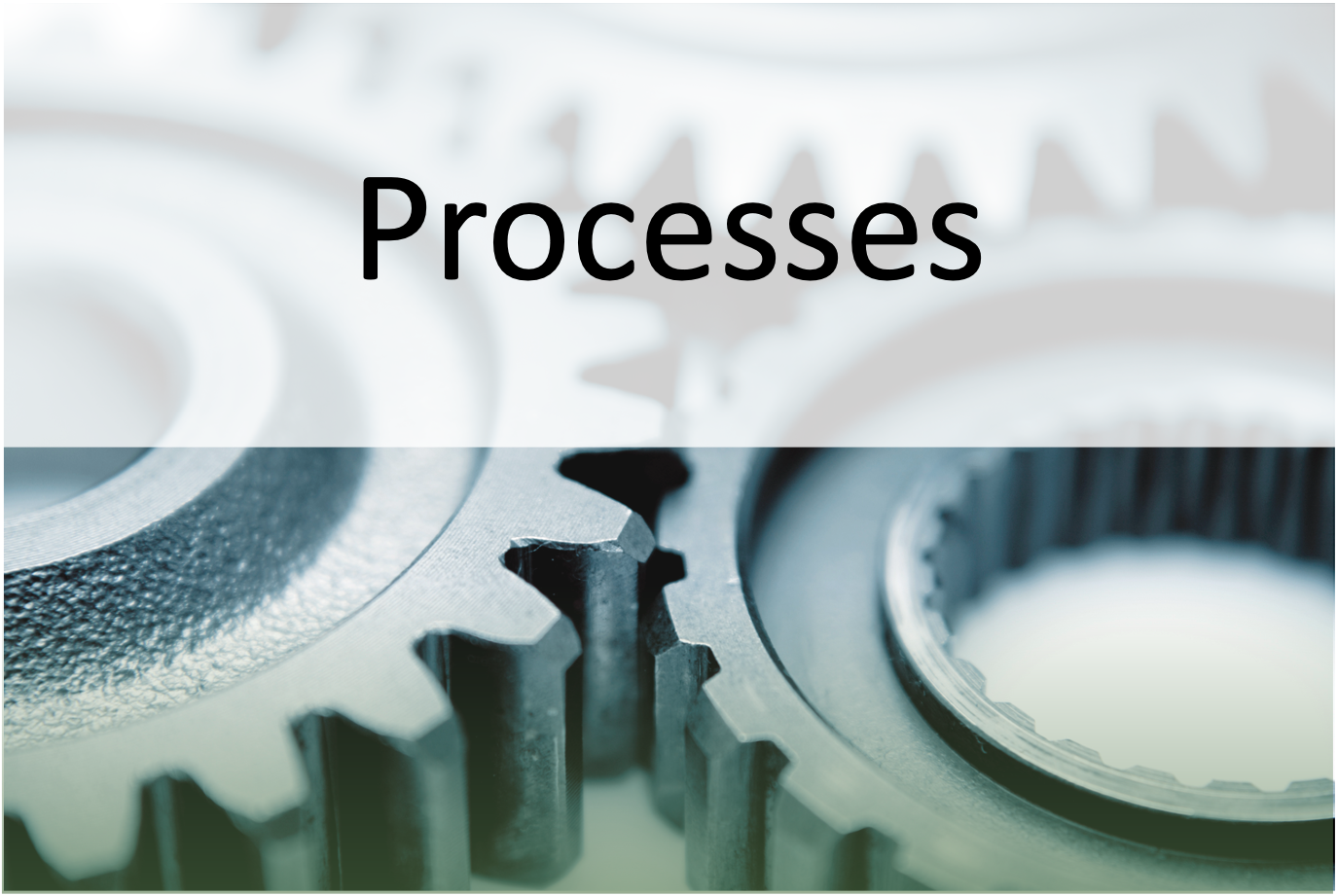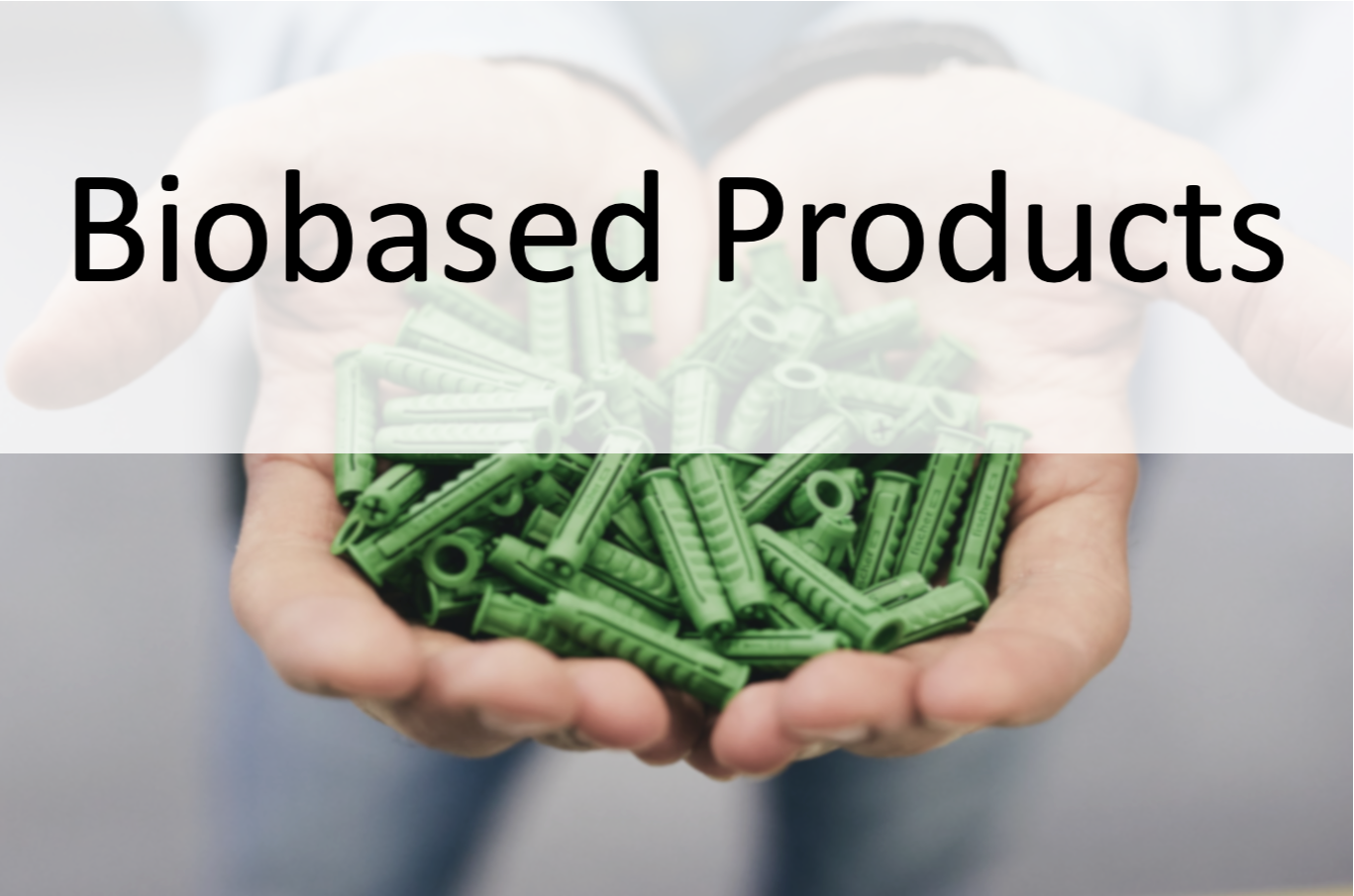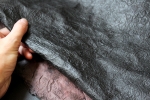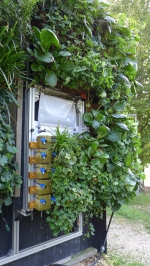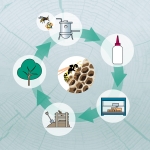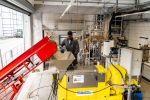
Using proteins extracted from grassland cuttings to produce animal feed and exploit by-product streams
Animal feed often contains protein from soy and importing it causes major environmental harm. In the ProGrün project, researchers at the University of Hohenheim, including a work group led by Prof. Dr. Andrea Kruse, are developing a scalable technological process to extract proteins from grassland cuttings and use them to make sustainable animal feed produced in the region where it will be used.

